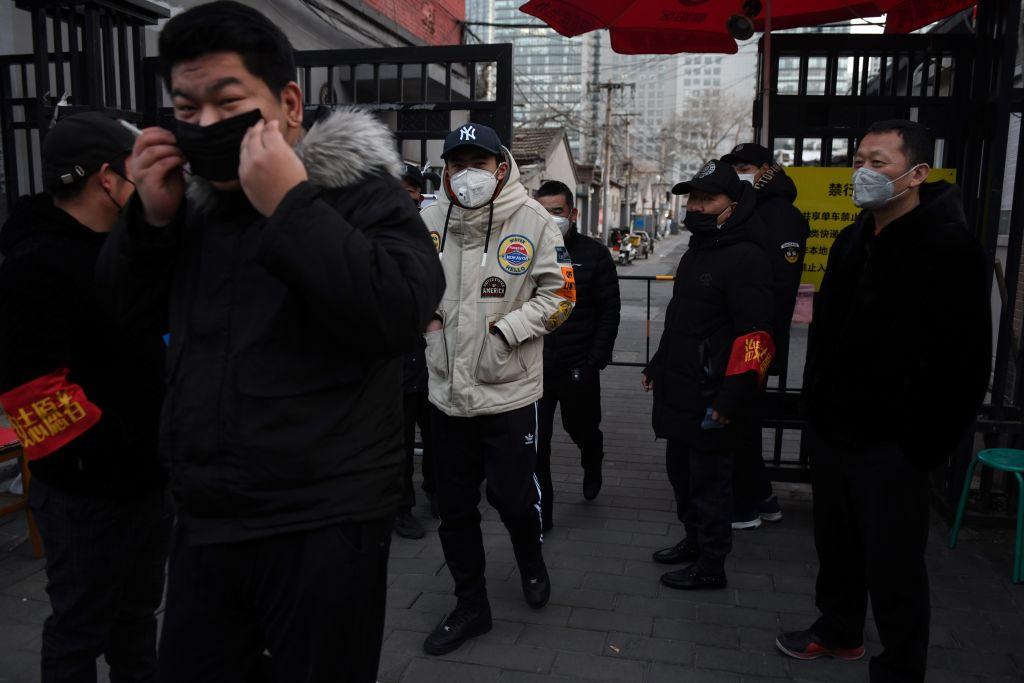A high-ranking public security official in China has been placed under internal investigation, though whether it has to do with Beijing’s handling of the CCP virus outbreak is unclear.
Sun Lijun, 51, a vice minister within China’s Ministry of Public Security, is suspected of “serious violations of Party discipline and the law,” according to an online announcement on April 19.




